A decade defined by box-office commercialism and crowd-pleasing blockbusters after the monumental failure of ‘Heaven’s Gate’ (1980) which by itself sunk in the United Artists, most lists from the 1980s would be rife with the likes of ‘Ghostbusters’ (1984), the ‘Indiana Jones’ series and ‘The Empire Strikes Back’ (1980). I’m not remotely looking down on those films and hell if given the choice the latter would most definitely make no. 21…. it’s just that I believe the following flicks are far better. Here is the list of the top movies of the 1980s.
20. Dead Poets Society (1989)
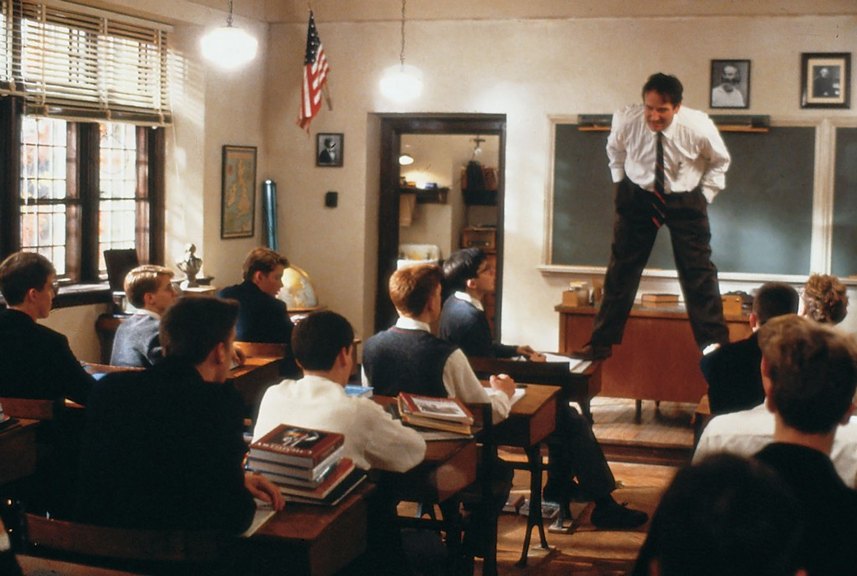
“Oh Captain my Captain!”
Need I say more about this masterpiece by Peter Weir?
19. Raging Bull (1980)
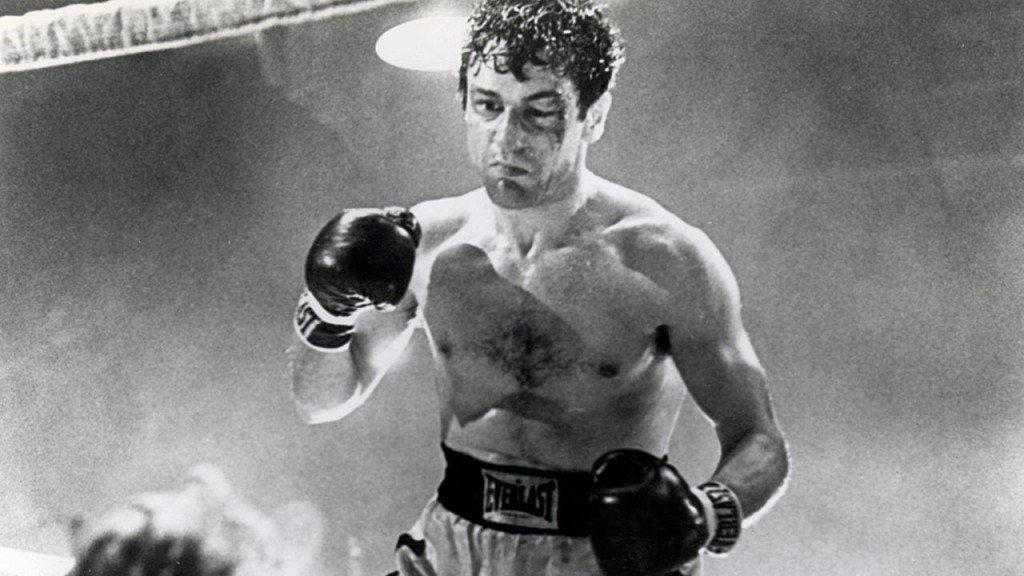
Marred by an over-use of slow motion and other niggling extremities in technique, Martin Scorsese’s ‘Raging Bull’s fantastic narrative flow (courtesy of the always terrific Thelma Schoonmaker) and unapologetic violence gives way to an effective take on how violence in sport can so sadly translate to the domestic ring. Touched by a river of inspired moments, in particular the animalistic noises that rage through LaMotta’s barrage of blows in many-a-scene, its most legendary scene comes in the form of the boxer breaking his fists against the walls of a stone-cold prison cell, asking the simplest question in the world. Up there with Nicky playing his last game of Russian Roulette in ‘The Deer Hunter’ (1978) and the climax of a later pick on this list: Quite possibly the greatest piece of acting I’ve ever seen. Easily, one of the best movies of the 80s.
Read More: Best Movies of 2010
18. The Big Chill (1983)
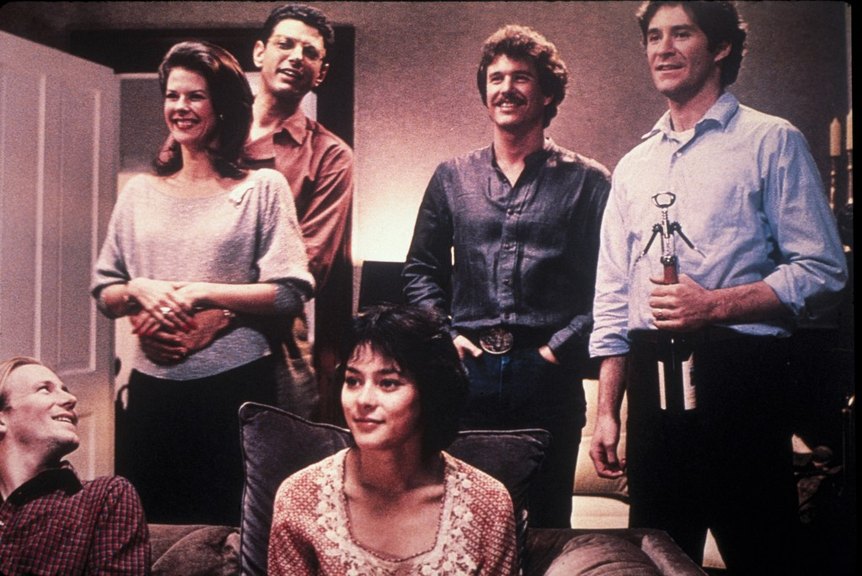
The very best ‘80s movie’ of the 1980s: Star-studded and plastered ad-nauseum with musical montages, ‘The Big Chill’ immediately asserts itself as something more with a terrific opening credits sequence that leads into some of the most compelling ‘back-seat’ drama I know of. It’s not uncomfortable or profound or in any way physically effective – but there is a timely charm to its characters and the indomitable sense of feeling that courses through its embittered core that makes Lawrence Kasdan’s wonderful slice of life an unmissable gem.
Read More: Best Movies of 2004
17. The King of Comedy (1983)
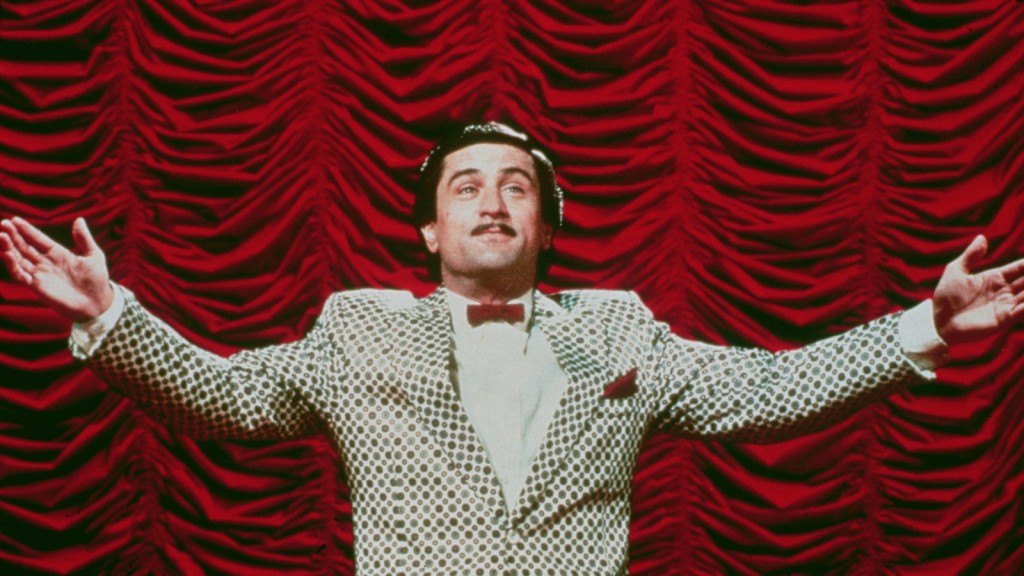
What if ‘Taxi Driver’ (1976) was a comedy? Ask that question and you will receive what could quite possibly be Martin Scorsese’s flick film after that 1976 grime-slicked magnum opus. ‘The King of Comedy’ sews a fascinating narrative style that rows between subconscious projections and reality before settling on the latter stream for a film that is as darkly witty as it is incredibly sinister.
Seriously: ‘Taxi Driver’, ‘Casino’ (1995) and ‘The Wolf of Wall Street’ (2013) lay their cards on the table from the out-set with brutal violence and insane dives into the depths of depravity… but ‘The King of Comedy’ plays a little closer to the chest. Perhaps too close. There is something off about budding comic Rupert Pupkin. His relentless patter, his oblivious nature and abundantly clear psychopathy.
One shot sees him and his equally deranged ‘friend’ Masha screaming in each other’s faces in a busy square, surrounded by people and yet framed from far away enough that they pass in front of and around the scene, almost as if it were not going on. When you think about the point of the piece and the sheer number of souls passing that scene, all presenting an air of calm that could hide a nature just as quietly dangerous as Pupkin – there is little doubt in my mind that ‘The King of Comedy’ earns its place as the most prescient movie Martin Scorsese has ever made.
Read More: Best Movies of 2009
16. The Cook, the Thief, his Wife & her Lover (1989)
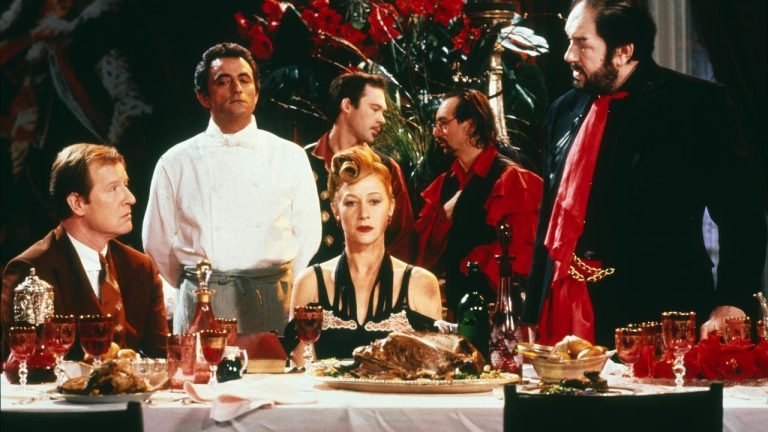
Some films are ‘dark’ for the sake of it, y’now? The people behind them seem to naively assume that letting loose a slew of curse words and spilling a few pints of blood on the floor will secure critical success simply on the virtue of being ‘adult’. Ironic, considering how immature this mentality is.
Indeed “dark” as a compliment should be reserved for when something takes a truly vile subject matter and makes it compelling. Gaspar Noé’s ‘Seul Contre Tous’ (1998) is a fantastic example but I can find no better a poster-boy for the great ‘dark’ film than Peter Greenaway and his sublime ‘The Cook, the Thief, his Wife & her Lover’. Silky smooth in its expertly handled technical aspects and simultaneously as ugly as possible on the substance end, it’s a work fans of extreme cinema should be ecstatic to sink their teeth into. Hideous in the best possible way.
Read More: Best Movies of the 1990s
15. The Seventh Continent (1989)
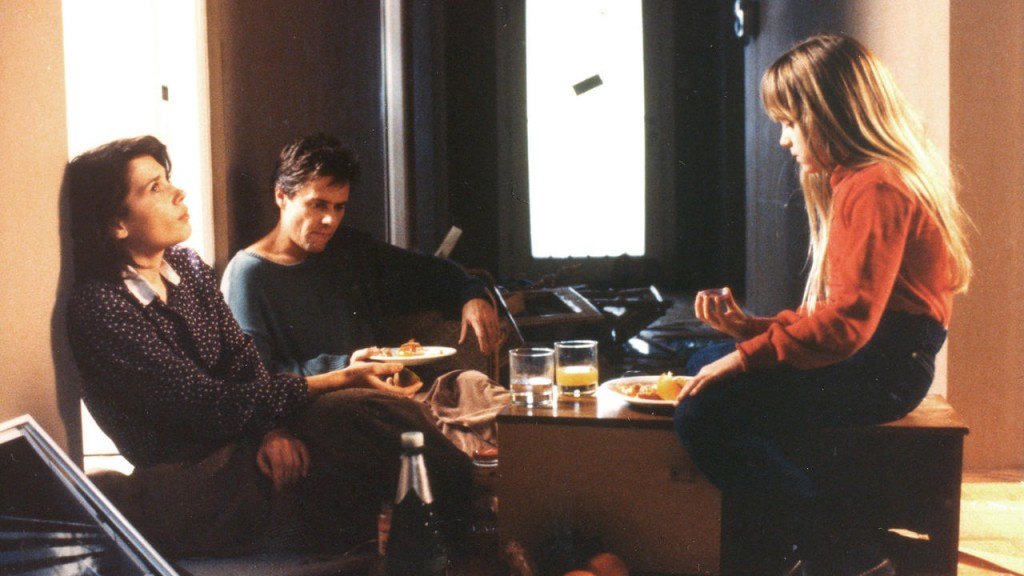
Micheal Haneke’s ‘The Seventh Continent’ is up there with the scariest horror movies ever made, despite the fact that little of its content relates to traditional horror. There are no ghouls, no ghosts and nothing going bump in the night: Just a relentless stream of consciousness that concludes in the most mortifying way possible. Nothing will prepare you for this. Nothing.
Read More: Best Movies of 2006
14. The Shining (1980)
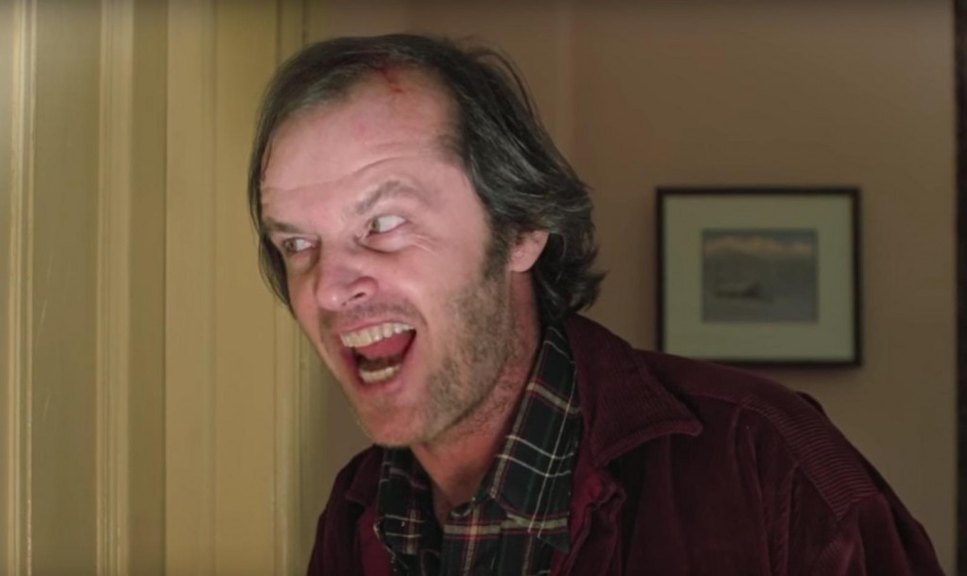
Perhaps the only Stanley Kubrick film in which the man’s fully-formed style is actually a benefit, rather than a hindrance: ‘The Shining’ takes agonizingly paced tracking shots, colossal saturation of classical music and most importantly a distinctly loose grasp on the humanity of his characters to craft a moving museum of cinematic terror. It’s a flick which quite honestly feels haunted-alive in some way and totally out of the control of the man who crafted it. Seeing it on the big screen cemented the enduring power of Kubrick’s work here and there is no denying that the prickling score and knowing camera are among his most impressive feats as a film-maker. Classic Horror.
Read More: Best Movies of 1997
13. The Elephant Man (1980)
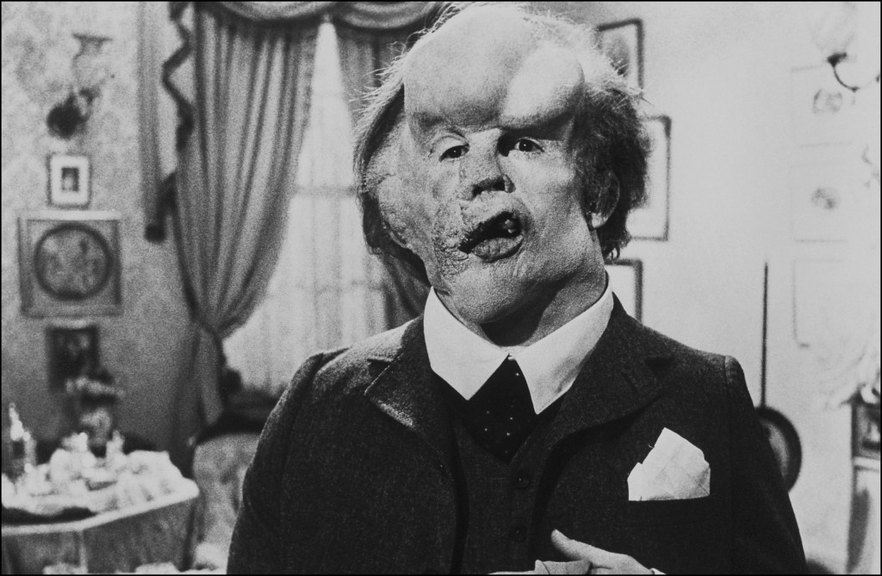
From a seminal feature that everyone’s seen to one that practically no-one watches, David Lynch’s ‘The Elephant Man’ is a movie we all seem to know of – drifting around in the collective conscious – and yet barely anyone has been properly introduced to. Allow me to turn you off of trying more by saying that it’s one of the most mortifying experiences cinema has ever afforded its audiences: A work of stunning humility and petrifying horror that smacks of ‘Au Hasard Balthazar’ (1966) in how it effortlessly comments on the cruelty of human beings. Uncomfortable, tragic… and a film you owe it to yourself to finally see.
Read More: Best Movies of 1995
12. Das Boot (1981)
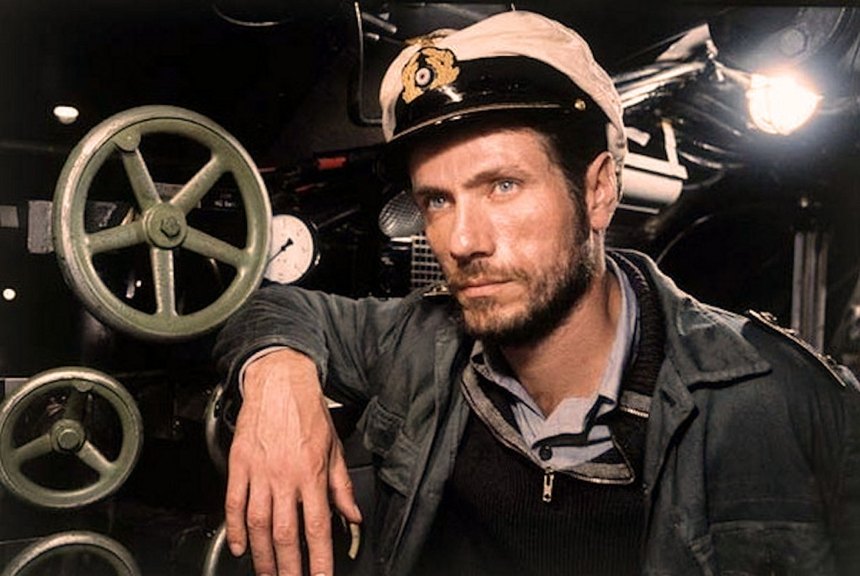
A definitive portrait on the submarine combat during the Second World War (let alone any period of warfare), ‘Das Boot’s sound design and claustrophobic corridors lay an atmosphere so thick that you barely notice all of the time it takes up. It’s a film which lasts for 3 hours and 20 minutes – but lingers far longer in the back of your mind. Any mention of its name immediately summons flashbacks of terror-tipped torpedo attacks and devastatingly silent minutes spent waiting for impact in the cold darkness of the ocean. It’s lonely and at times utterly unbearable to experience- and as a film attempting to realistically depict war that’s exactly what makes it work. Director Wolfgang Petersen would eventually go on to make ‘Troy’ (2004). Who knew!
Read More: Best Movies of 1991
11. Blade Runner (1982)
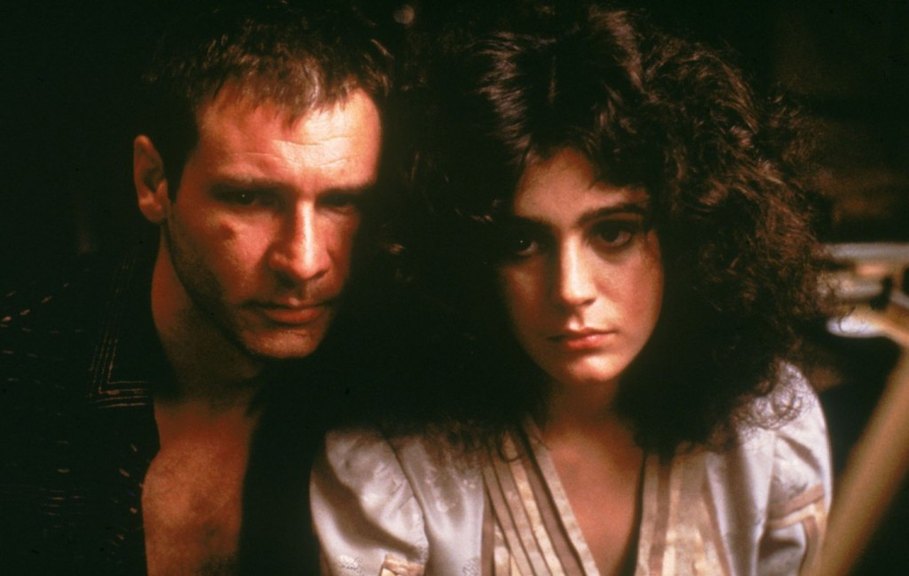
Ridley Scott’s direction is as always flawed and sometimes nonsensical but with ‘Blade Runner’ (in its many, I’m sure, hugely lucrative forms) he sometimes achieves a visual poetry who’s grace has to be seen to be believed. The opening cuts between and eye and the haunting hell-world of Los Angeles circa 2019 (give Trump time); spilling into noir-esque interrogations, stunning chases through neon-drenched streets and a beautiful, genuinely frightening finale that sees rouge replicants Roy Beatty cement himself among the highest criterion of cinematic villains.
Read More: Best Movies of the 2000s
10. A Nightmare on Elm Street (1984)
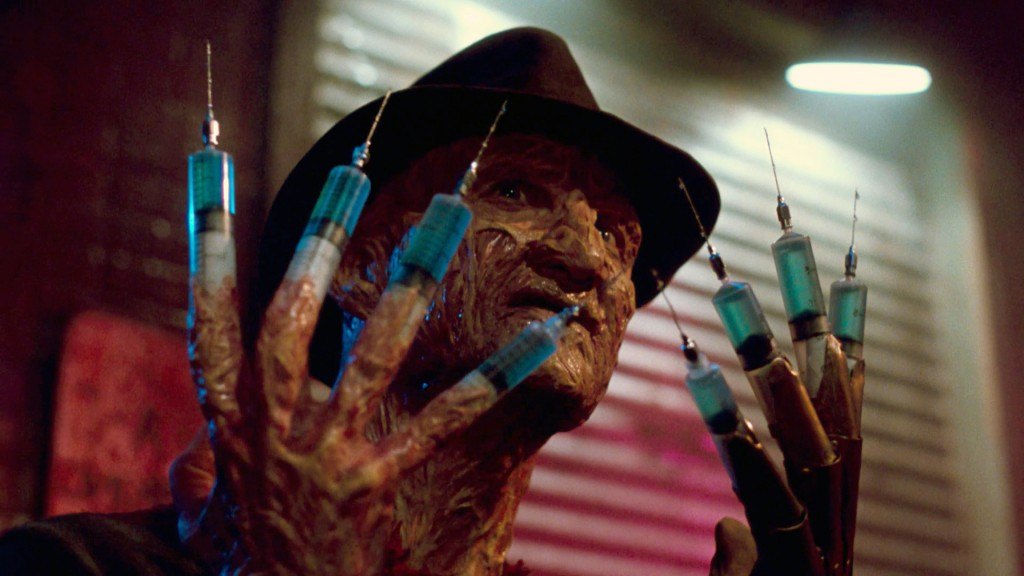
Wes Craven’s ‘A Nightmare on Elm Street’ is, in theory, far worse than ‘The Shining’: The acting and writing can often be off, the sets and style are far less “perfect” in their execution and the combination of music and image are not remotely as profound as Kubrick’s deservedly adored titan of horror.
In Theory – for surface is very rarely all that matters. In practice, it is Craven’s work that manages to scare me – to electrify me. Robert Englund’s part-terrifying part-surreally comic turn as Fred Krueger remains one of the most memorable and effective on-screen villains I can name for his absurdly entertaining dichotomy between inflicting fear and striking me with a cheek-to-cheek grin; a persona that would serve to be amped-up in the sequels (seriously watch ‘Part 2: Freddy’s Revenge’ (1985) – it’s hilarious)
Whilst its chilling music and devilish sense of fear are enough to trump most in this decade so saturated with schlocky horror (barring the terrific titan of trash that is ‘Jason Takes Manhattan’) – it’s the concept which wins ‘A Nightmare on Elm Street’ such a high place. Because let’s face it: As effective as they are if you take a step back for perspective we know how unlikely it is that we’ll be chopped up by Cannibals from the Southern States or suffer the wrath of a demonically possessed little girl. Sooner or later though, we all have to sleep….
Read More: Best Movies of 1992
9. Ran (1985)
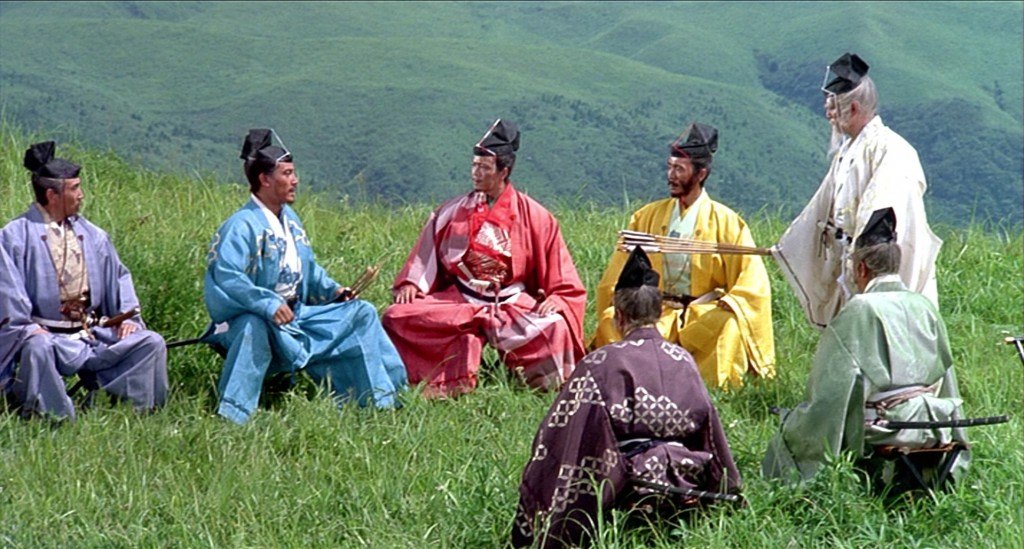
The first 80 or so minutes of Akira Kurosawa’s ‘Ran’ make up an absolute masterpiece. As a self-contained short based on King Lear this first chunk develops the pressure building between Hidetora and his sons with each line, each gesture, each tiny action – with expert visual direction set against the luscious vistas of Medieval Japan. All this culminates in one of the greatest scenes ever shot: A haunting castle siege eerily removed from the diegetic sound so abundant beforehand.
What stops ‘Ran’ from achieving a higher place, then, is the remainder. After such a strong story to open on, the rest seems like a woeful waste of our time and whilst Mieko Harada’s Lady Kaede is on incredible form as the antagonist later on her fantastic work does not detract from the hollowness of the latter half. If only Kurosawa had not been so in love with Shakespeare as to allow himself to shoot 100 minutes of homage to King Lear, rather than translate the full work with a debilitating uneven narrative structure.
Read More: Best Movies of 1985
8. Cinema Paradiso (1988)
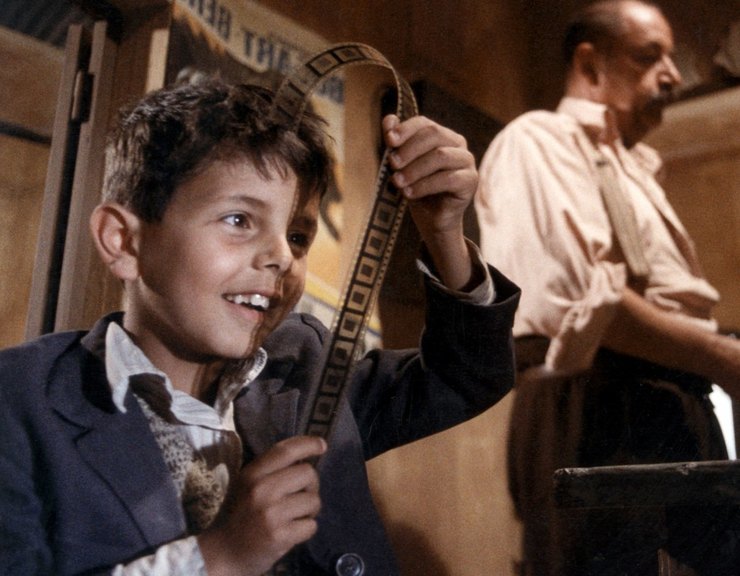
I could talk at length about the immortal genius of Giuseppe Tornatore’s ‘Cinema Paradiso’, or I could remind you of its final scene and what it means in the context of the story, the cinema and all life as it relates to art. Tears of joy whenever this one closes its curtains.
Read More: Best Movies of 1998
7. The Long Good Friday (1980)
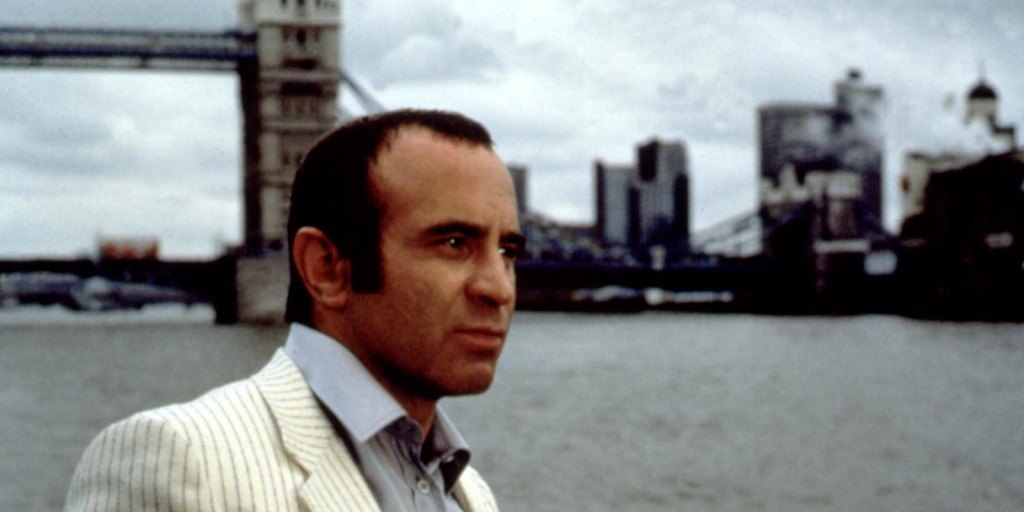
Whilst many cite ‘Raging Bull’ or ‘The Elephant Man’, for me there is no denying ‘The Long Good Friday’ is the finest film of the year 1980. Even such a revered set of 365 days in cinema cannot present anything to topple director John Mackenzie’s monolithic crime saga which cuts down the most important 48 hours British mobster Harold Shand will ever live with mortifying efficiency.
It’s doubtlessly the greatest UK-set crime flick ever mounted, standing head and shoulders above the likes of ‘Get Carter’ (1971) for its ability to fill its pit-bull of a protagonist with such enduring humanity. Watching the life of this man, as ruthless and cut-throat as he is, so immediately slip through his fingers with the context of close friends and family caught in the fatal clutches of a mob war breaks my heart every time. And whilst it undoubtedly bears the marks of raw direction and rugged style, the closing sequence of ‘The Long Good Friday’ is guaranteed to floor you. There is simply nothing else to say.
Read More: Best Movies of 1981
6. Blue Velvet (1986)
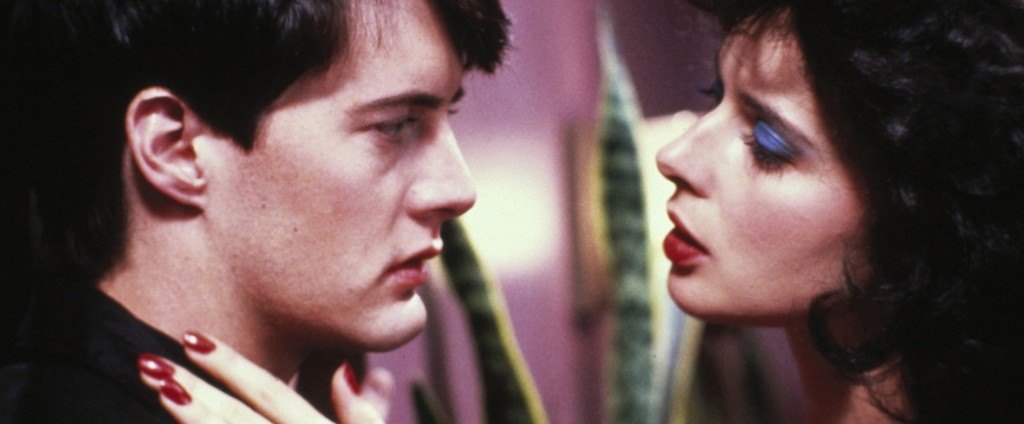
Are there many more masterfully directed films than ‘Blue Velvet’? Each moment is so precisely placed to give it its inescapably surreal B-movie nightmare feel that I often can’t believe how perfect it is whilst watching it. It’s a picture of great mystery, misery and an utterly ungodly juxtaposition between white-picked fences and sharp fangs heading for the jugular. There is nothing quite like it – and if that’s not a reason to dive into David Lynch’s fiendishly charming Suburban hellscape, then I don’t know what is!
Read More: Best Movies of the 2010s
5. Dekalog (1989)
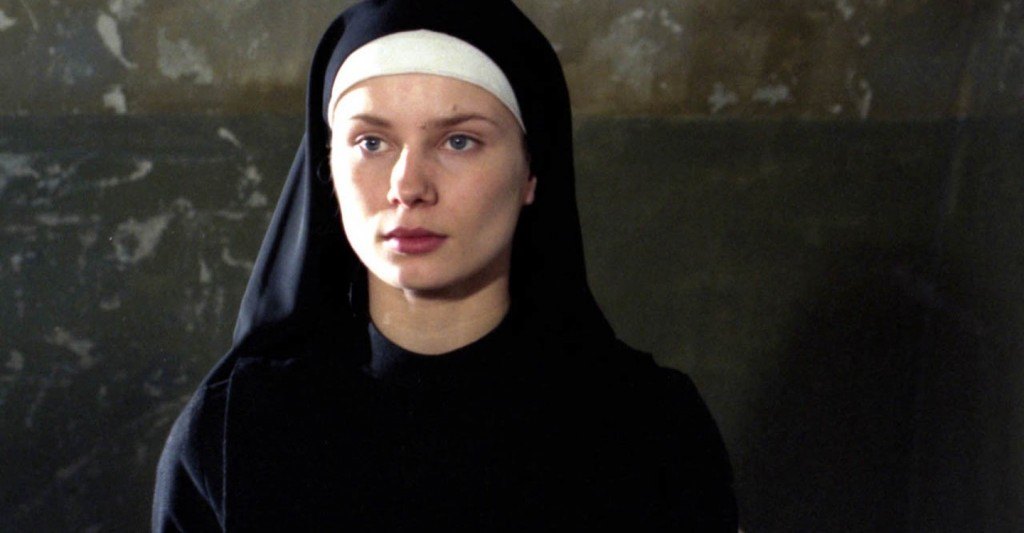
Technically aired as a TV mini-series, I still can’t help but see Krzysztof Kieślowski’s magnum opus among the most important cinematic achievements of this decade. Comprised of 10 stories each translating one of Moses’ Ten Commandments to a modern-day drama, it’s a fascinatingly pure piece of storytelling that takes Kieślowski’s characteristic naturalism married to a subtle sense of style and with it crafts a set of stories that might just make up the greatest series ever to air on television.
In all seriousness: the profound revelations of hope, despair, anguish and acceptance that flow in abundance through the director’s indelible piece of work would in by themselves be enough for a superb dramatic film that could easily crack this top 20 alone… except there’s 10 of them. One of the shimmering peaks of humanist cinema.
Read More: Best Movies of 1995
4. Nostalghia (1983)
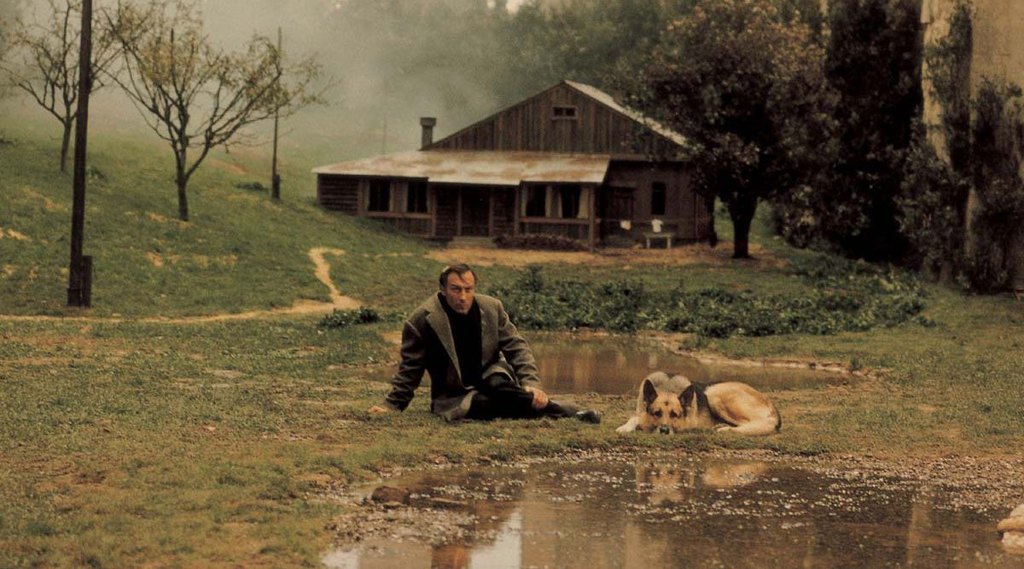
Tackling the impossible by trying to allow us to empathize with the mind of a man who has closed himself to the outside world, Andrei Tarkovsky’s dedication to his life-long adoration of art differs from ‘Cinema Paradiso’ in that instead of being rewarded after years of bitterness and regret with the revelation that all is OK – our protagonist Andrei here discovers nothing.
Nothing at all! Not that he was wrong and there was no hope to begin with – just an absolute lack of any stimulation – from either pain or pleasure. Tarkovsky’s film deals with a Russian who is wandering about Italy, attempting to re-ignite any passion for life by tracking through the most beautiful part in the world. He drifts through churches, broken down museums and abandoned ruins in the hope of finding something to keep him going. As an audience we marvel at the gorgeous photography and breath-taking beauty that surrounds Andrei. The man, however, feels nothing.
And then at the end we watch him attempt to carry a lit candle across a ruin for a sold seven minute tracking shot. No explanation. No catharsis. As observers we have to wonder why: To beg for an answer. Why? Why the hell would he waste the last of his life to attempt such a futile endeavour? What will this accomplish? Something? Anything…? Exactly!
Read More: Best Movies of 1993
3. Fanny & Alexander (1982)
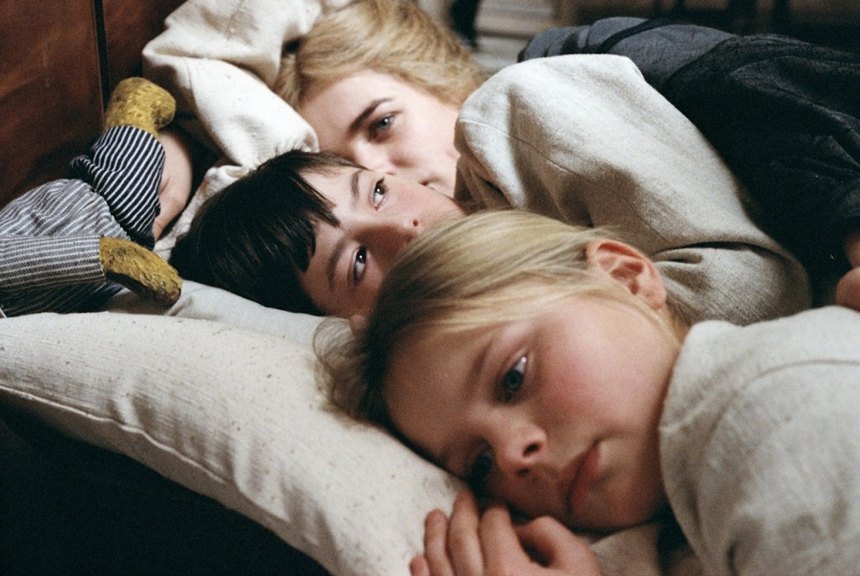
The Top Three choices are in essence interchangeable but since a list is a list, here’s the Greatest Christmas film ever made: ‘Fanny & Alexander’. A coming-of-age tale centred around the life of the two titular children growing up in Sweden from 1907-1909, it was the proposed swansong from legendary master Ingmar Bergman and despite his remarkable discipline for keeping his features short of an hour and a half (one of them running as brief as 72 minutes) it details these kids’ deliciously photographed slice of life in just over 5 hours.
That being said, when the Turkeys in and the family is settled down that time absolutely flies away as Bergman’s wondrous sense of pace comes into play in full, the shorter 180 minute version literally losing hours so fast you barely notice. It’s an engrossing, compelling, touching and even sometimes terrifying tale of youth and the forces that demand it accelerate beyond its years – epic without ever losing its intimacy and joyous without ever losing sight of the despair just over the horizon. In short: it’s life, and I can’t think of a better flick to pass the time as the end of your year draws near.
Read More: Best Movies of 1980
2. Once Upon a Time in America (1984)
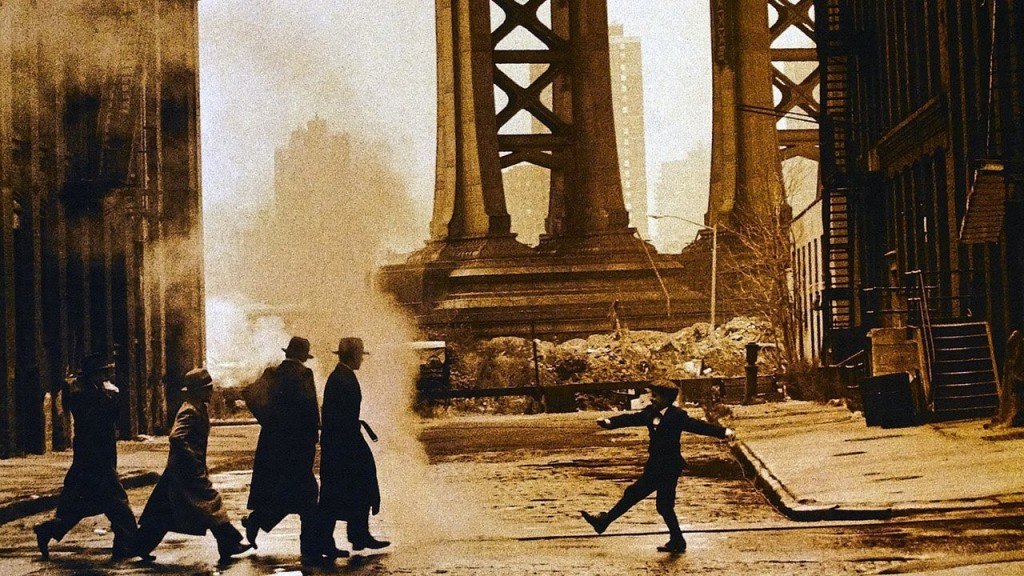
Continuing the idea of intimate epics, Sergio Leone’s monolith of cinema extends its vision over 5 decades of life: Pouring over elements of class, age, regret, sickness, technology, adolescence, fear and an endless array of themes which make us about as close to the man nicknamed as Noodles as anyone has ever been to a movie character. It’s a genuinely unbelievable film which brings tears to my eyes many a time during its unbelievably rich 4 hours (which skip by even faster than ‘Fanny & Alexander’). So absorbed are you by the storytelling and the countless facets of emotion it gives light to that the time fades away. All that time just fades…. away..
Read More: Best Movies of 1989
1. Come & See (1985)
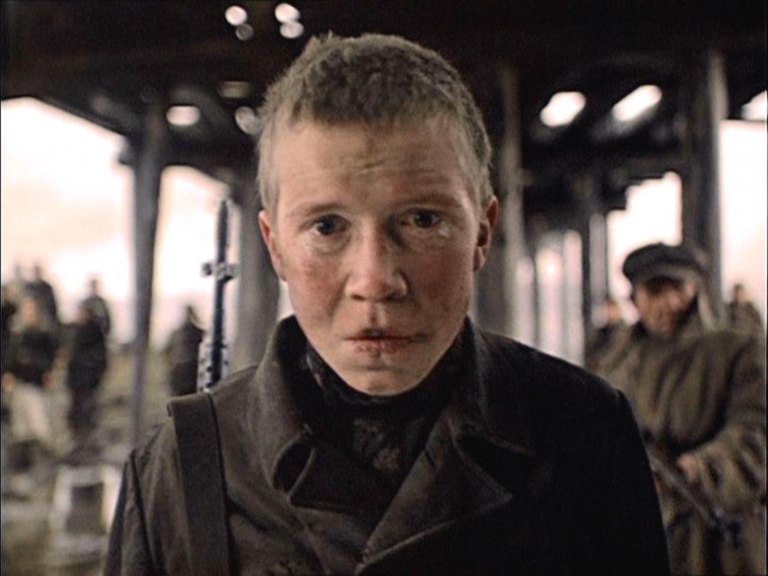
From Carols and Cupcakes to quite possibly the most horrific thing ever legally put on any screen, I’m genuinely shocked ‘Come & See’ was allowed to be made. Soviet administration nearing the end of the Cold War passed it on the notion that if effectively demonised the Nazi forces’ rape (and even that word is taking it lightly) of the Belorussian countryside during their invasion of the USSR.
Starting off slow with the war-games of children and then quietly announcing that these delightful mock-skirmishes are being played out in 1943 with an overwhelming sense of dread, Elem Klimov’s take on the Second World War descends into some of the most honest and unapologetically savage scenes of conflict ever filmed – even more terrifying for the haunting moments of pause that occur between the carnage as the young man we call our hero stumbles upon neatly stacked piles of naked bodies and skeletons dressed eerily in the clothes of dead German officers. It’s the most painful, evocative and uncomfortable film I may have ever seen: Masterfully balancing multiple ideas of psychological infestation to burrow into your mind from so many different angles that eventually one line will strike its target.
Crucially, however, after all of this torturous destruction the boy faces unrecognizably marked by the horrors he has witnessed, stumbles upon a framed picture of Hitler laying in the mud. Having not fired at anyone for the entire film he takes the chance to get revenge, unloading his rifle cartridge-by-cartridge into the face of the tyrant. Klimov’s montage begins: Cutting down the years as Hitler is shot again and again we see the Nazi structures he created crumble to dust, Swastikas burned and Concentration Camps vanished as the monster gradually de-ages to become a man, then a teenager, a boy and then finally a baby – held in his mother’s arms.
And the kid can’t shoot him. After all of that, our hero cannot bring himself to end the baby’s life – no matter the number of lives that will be so wastefully extinguished if it is allowed to breathe. It’s one of the most shocking, provocative and unbelievably profound statements ever voiced, let alone on the nature of violence. How, after all that, he just couldn’t pull the trigger?
Read More: Best Movies of 1987

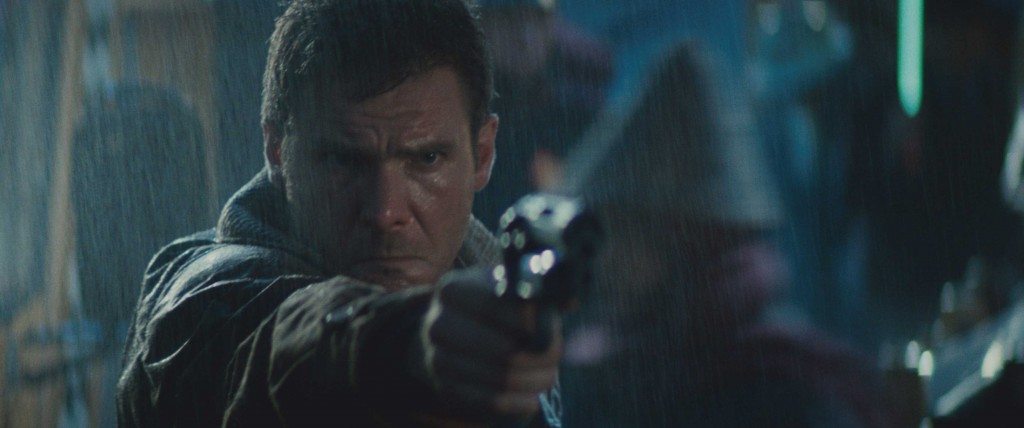
You must be logged in to post a comment.